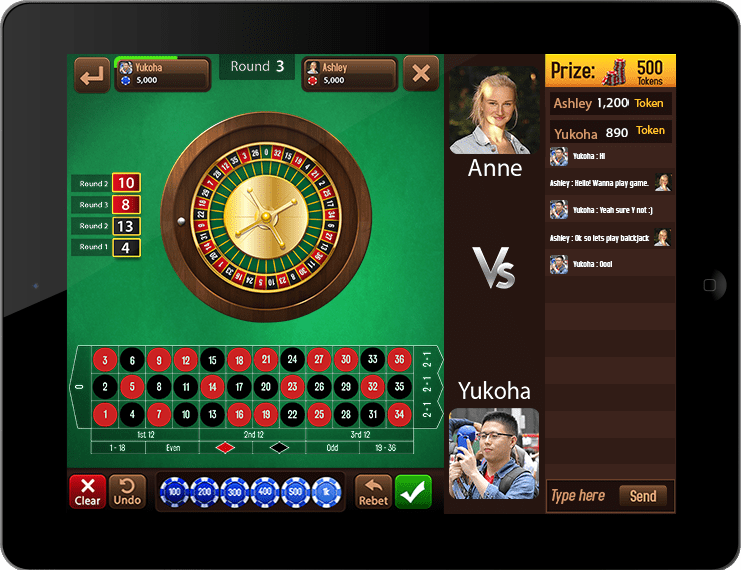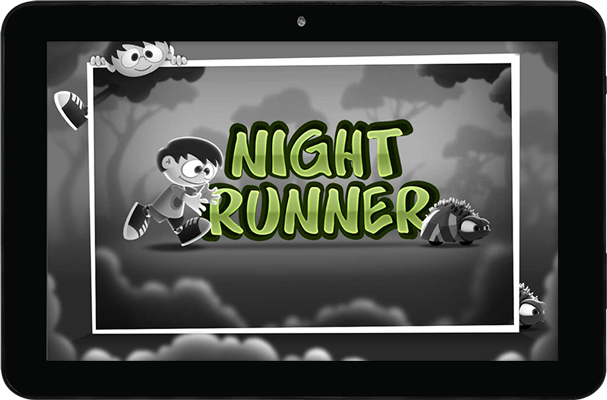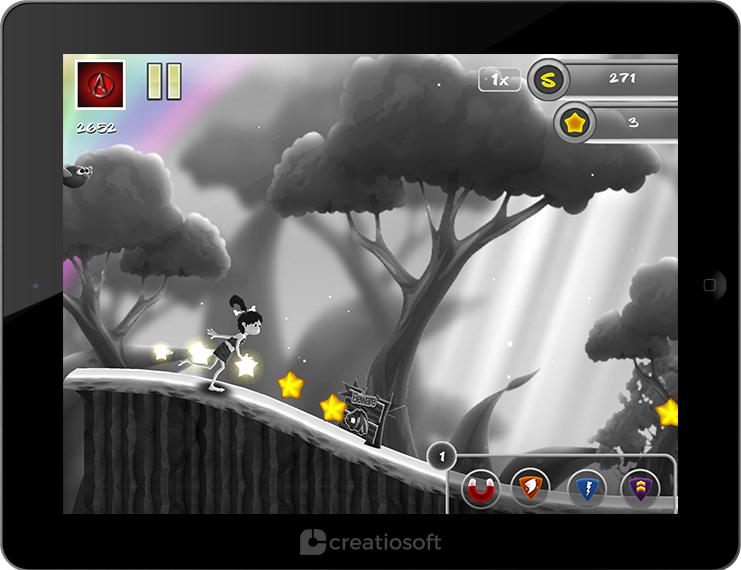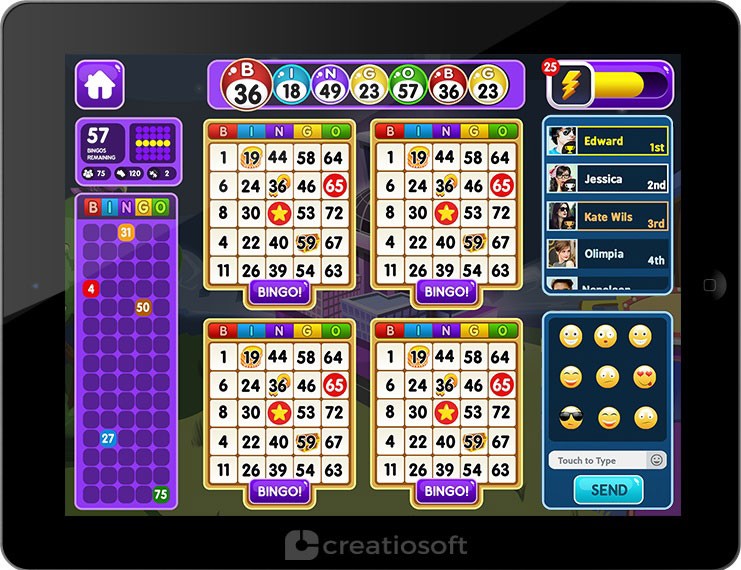In the dynamic realm of digital assets, Non-Fungible Tokens (NFTs) have emerged as a captivating innovation. Unlike cryptocurrencies such as Bitcoin or Ethereum, which are interchangeable, NFTs are tokens that represent ownership of a specific item or content. NFTs can embody a vast array of digital and tangible assets, spanning from artwork and collectibles to music, videos, and even virtual real estate. Each NFT carries a distinct cryptographic signature, guaranteeing its uniqueness and facilitating easy verification. This exceptional nature and undeniable proof of ownership have made NFTs highly sought after by collectors, artists, enthusiasts, and investors alike.
The Growing NFT Market
The NFT market has experienced an extraordinary surge in popularity and value in recent years. In 2021 alone, NFT sales skyrocketed to a staggering $10.7 billion, underscoring the immense potential and demand for these digital assets. This remarkable growth can be attributed to several factors, including increased artist participation, celebrity involvement, and heightened media coverage.
Projects like CryptoPunks and NBA Top Shot have ignited the imaginations of collectors worldwide. These initiatives offer unique digital collectibles, such as virtual trading cards or pixelated characters, which can be bought, sold, and traded on dedicated platforms. NFTs have infiltrated the gaming industry with the best game development company in India enabling players to own and trade in-game assets and virtual land. Moreover, musicians and sports organizations have embraced NFTs as a means of engaging with fans and delivering exclusive digital content.
As the NFT market continues to evolve, it’s crucial to explore the diverse categories of NFTs available, understanding their distinct features, notable projects, benefits, challenges, and how to participate in this captivating digital landscape. In the following sections, we will explore different types of NFTs, revealing the possibilities they hold, and providing you with the knowledge to navigate this exciting realm.
Different Types Of NFTs
Art NFTs
Art NFTs have revolutionized the art world, offering new avenues for artists to showcase and monetize their creations. Art NFTs represent digital artworks, including illustrations, paintings, animations, and multimedia pieces, that are tokenized on the blockchain. Each art NFT carries unique metadata and ownership rights associated with the specific artwork it represents.
Projects like Beeple’s “Everydays: The First 5000 Days” and CryptoPunk #7804 have fetched millions of dollars in NFT auctions, propelling digital art into the mainstream consciousness. Other notable platforms for art NFTs include SuperRare, KnownOrigin, and Foundation.
Gaming NFTs
Gaming NFTs have transformed the gaming industry. The NFT game development companies have introduced new possibilities for ownership and trading of in-game assets. These NFTs represent unique and scarce virtual items, such as characters, weapons, skins, or virtual real estate, that exist within video games or virtual worlds. Gaming NFTs enable players to truly own and control their digital possessions, blurring the line between the virtual and the tangible.
The games like Axie Infinity, a blockchain-based game where players can collect, breed, and battle digital creatures known as Axies. It is one of the most popular NFT games in existence.
Collectible NFTs
Collectible NFTs have captured the imagination of enthusiasts, offering a digital twist on traditional collectibles. These NFTs represent unique digital items, such as virtual trading cards, characters, or objects, that can be collected, traded, and showcased within the digital realm. Each collectible NFT possesses distinct attributes, scarcity, and provenance, making them highly coveted among collectors.
One of the best examples of collectible NFTs is the CryptoPunks. It is a project featuring 10,000 unique pixelated characters and has become an iconic symbol of the collectible NFT movement.
Music NFTs
Music NFTs have revolutionized the music industry, offering new opportunities for artists, musicians, and fans to engage with music in a unique way. It represents digital assets that encompass various forms, including songs, albums, concert tickets, and even exclusive experiences. By tokenizing these assets on the blockchain, music NFTs provide verifiable ownership and new avenues for monetization.
Recently, Kings of Leon released their album “When You See Yourself” as an NFT, offering special perks and limited-edition collectibles to token holders.
Sports NFTs
Sports NFTs have emerged as a revolutionary concept, merging the worlds of sports and blockchain technology. These NFTs represent unique digital assets related to sports, including trading cards, game highlights, collectibles, and virtual memorabilia. By leveraging blockchain technology, sports NFTs offer verifiable ownership and enable fans to engage with their favorite teams, athletes, and moments in unprecedented ways.
NBA Top Shot, a blockchain-based platform officially licensed by the NBA, allows fans to collect and trade digital basketball highlights known as “moments.”
Virtual Real Estate NFTs
Virtual Real Estate NFTs have emerged as a fascinating concept, allowing individuals to own and trade digital parcels of land or property within virtual worlds or metaverses. These NFTs represent exclusive ownership rights to virtual spaces, which can range from virtual buildings, to virtual land plots, or even entire virtual environments. Virtual Real Estate NFTs enable individuals to participate in the growing trend of virtual living, socializing, and creating immersive experiences.
Decentraland is a blockchain-based virtual world, that allows users to purchase and own virtual land that can be developed and monetized.
Advantages of Different Type of NFTs.
Non-fungible tokens (NFTs) offer numerous advantages compared to traditional assets, particularly for NFT game development company. Each type of NFT offers its own unique advantages, catering to the specific interests and preferences of collectors, creators, artists, gamers, and fans. These advantages contribute to the growing appeal and adoption of NFTs across various industries, transforming the way we perceive, create, and engage with digital assets. Here, we explore the key benefits that make NFTs an exciting addition to the gaming industry.
1. Unique Ownership:
NFTs represent exclusive digital assets, providing game developers with verifiable ownership records on a blockchain. This feature is particularly valuable as it ensures the uniqueness and authenticity of in-game items and collectibles.
2. Digital Scarcity:
NFTs can be designed with limited supply, creating a sense of scarcity within the virtual realm. This scarcity enhances the perceived value of NFTs and makes players highly seek them, contributing to the success of NFT-based games.
3. Authenticity and Provenance:
NFTs offer transparent records of an asset’s origin, ownership history, and associated metadata. The best NFT game development company can utilize this functionality to establish the authenticity and provenance of in-game assets, characters, and virtual goods.
4. Royalties and Smart Contracts:
NFTs can incorporate smart contracts that automate royalty payments and revenue-sharing mechanisms for creators and rights holders. This capability empowers the NFT game development company to reward artists and mobile game developers with ongoing royalties each time players trade or utilize their NFT-based assets within games.
5. Interoperability and Portability:
NFTs enable seamless transfer and trade across various platforms and marketplaces, thanks to standardized blockchain protocols. This interoperability provides the best game development company with greater flexibility to integrate NFTs into their gaming ecosystems and attract a wider audience.
6. Fractional Ownership and Access:
NFTs enable fractional ownership, allowing multiple individuals to collectively own a single NFT asset. This feature facilitates new business models for mobile game development company, such as shared ownership of high-value virtual properties or rare in-game items, making them more accessible and inclusive.
7. Gamification and Utility:
NFTs can integrate into games, virtual worlds, and digital platforms, offering unique in-game assets, virtual goods, or rewards. This integration enhances player engagement, immersion, and overall gaming experience, making NFT-based games increasingly popular and profitable for the best game development companies.
8. Censorship Resistance:
NFTs, being decentralized and immutable, resist censorship and tampering. This property ensures the integrity of NFT assets within games developed by mobile game development company. As it provides players with a secure and transparent gaming environment.
NFTs present a myriad of advantages that can revolutionize the gaming industry. By leveraging the unique features of NFTs, NFT game developers can create immersive gaming experiences, unlock new revenue streams, and engage players in unprecedented ways.
Challenges with NFTs.
Non-fungible tokens (NFTs) offer numerous opportunities. However, it is essential to be aware of the challenges associated with NFTs. Here, we explore the key challenges that one may encounter in the dynamic NFT landscape.
1. Environmental Impact:
The environmental impact of NFTs is a pressing concern. As many NFTs operate on blockchain platforms that rely on energy-intensive proof-of-work (PoW) algorithms, energy consumption raises questions about sustainability and environmental responsibility.
2. Market Volatility:
NFTs have witnessed significant market volatility, with prices experiencing rapid fluctuations. This volatility introduces uncertainty for both buyers and sellers, as it becomes challenging to predict the long-term value and stability of NFT investments.
3. Lack of Regulation:
The NFT market currently lacks comprehensive regulation, posing risks for participants. The absence of clear guidelines and standards can complicate navigating the market and protecting interests.
4. Copyright and Intellectual Property Concerns:
NFTs, while providing proof of ownership, do not inherently address copyright and intellectual property issues. Unauthorized NFT creation for digital assets may result in copyright infringement disputes, demanding vigilance from NFT development companies to ensure proper authorization.
5. Scalability and Blockchain Limitations:
Some blockchain platforms face scalability challenges when handling a high volume of NFT transactions, impacting NFT development. Slow transaction times, high fees, and network congestion may undermine user experience and hinder the growth of NFT-based games developed by game development company in India.
6. Counterfeit and Copycat NFTs:
Despite the uniqueness of NFTs, instances of counterfeit and copycat NFTs have emerged. NFT game developers must remain vigilant to protect the authenticity and value of genuine NFTs, safeguarding their reputation and user trust.
7. Lack of Awareness and Understanding:
NFTs are still relatively new, and awareness and understanding are limited among the broader population. The best game development companies in India need to educate themselves and their audiences to make informed decisions regarding NFT investments and participation in the market.
8. Long-Term Value and Sustainability:
The long-term value and sustainability of NFTs remain uncertain. NFT game developers must carefully assess the viability and demand for NFTs over time, aligning their strategies with evolving trends and user preferences.
NFT game developers should navigate the challenges associated with NFTs with caution and foresight. By addressing environmental concerns, and other challenges, the best game development company in India can position itself for success in the ever-evolving NFT landscape.
Future of NFT Development
As we look to the future, it is clear that NFTs are here to stay. They represent a paradigm shift in how we perceive and interact with digital assets, creating a more democratized, inclusive, and transparent landscape for creators and collectors. The growing interest from artists, musicians, athletes, and brands, coupled with the continuous development of blockchain technology, ensures that NFTs will continue to evolve and find their place in our increasingly digital world.
The rise of NFTs signifies a pivotal moment in the history of digital assets. It is a testament to the human desire for ownership, creativity, and connection in the digital realm. Whether you’re an artist seeking new avenues of expression, a collector looking to curate a digital portfolio, or an enthusiast fascinated by the potential of this technology, embracing the world of NFTs is an invitation to explore uncharted territories, push boundaries, and shape the future. As we move forward, let us celebrate the unique, innovative, and transformative power of NFTs, and embrace the endless possibilities they hold for creators, collectors, and the world at large.
Frequently Asked Questions
1. What are NFTs in the context of gaming?
NFTs, or Non-Fungible Tokens, are unique digital assets that can represent in-game items, characters, or other elements of a game. They use blockchain technology to provide verifiable ownership and scarcity, giving players true ownership of their digital possessions.
2. How do NFTs enhance the gaming experience?
NFTs enhance the gaming experience by allowing players to own and trade in-game assets. Players have more control and can personalize their gaming experience by collecting rare or unique items. NFTs also enable player-driven economies, where players can buy, sell, and trade assets with other players.
3. Can NFTs be used across different games or platforms?
Yes, in some cases, NFTs can be used across different games or platforms. It depends on the compatibility and integration between the games or platforms. Some projects aim to create interoperability, allowing NFTs to be transferred or used in different virtual worlds or games.
4. What are the steps involved in creating a game that incorporates NFTs?
To create a game that incorporates NFTs, the steps typically involve:
– Designing the game mechanics and identifying the in-game assets that will be represented as NFTs.
– Developing the game software, integrating blockchain technology to support NFT functionality.
– Creating smart contracts that define the NFTs and their properties.
– Implementing the necessary systems for minting, trading, and managing the NFTs within the game.
– Testing and deploying the game, ensuring smooth functionality of the NFT integration.
5. Are there any legal or regulatory considerations when developing NFT games?
Yes, there are legal and regulatory considerations when developing NFT games. These can include intellectual property rights, licensing agreements, and compliance with financial regulations if the NFTs have real-world value or involve financial transactions. The NFT game developers should consult legal professionals to ensure they comply with the relevant laws and regulations.
How can I contact Creatiosoft with my NFT Game Development idea?
You can connect with us through the contact form available at creatiosoft.com. You can also send an email directly to sales@creatiosoft.com or WhatsApp or call us at +91-8860912115. We will revert you by mail or call you for your request.
















